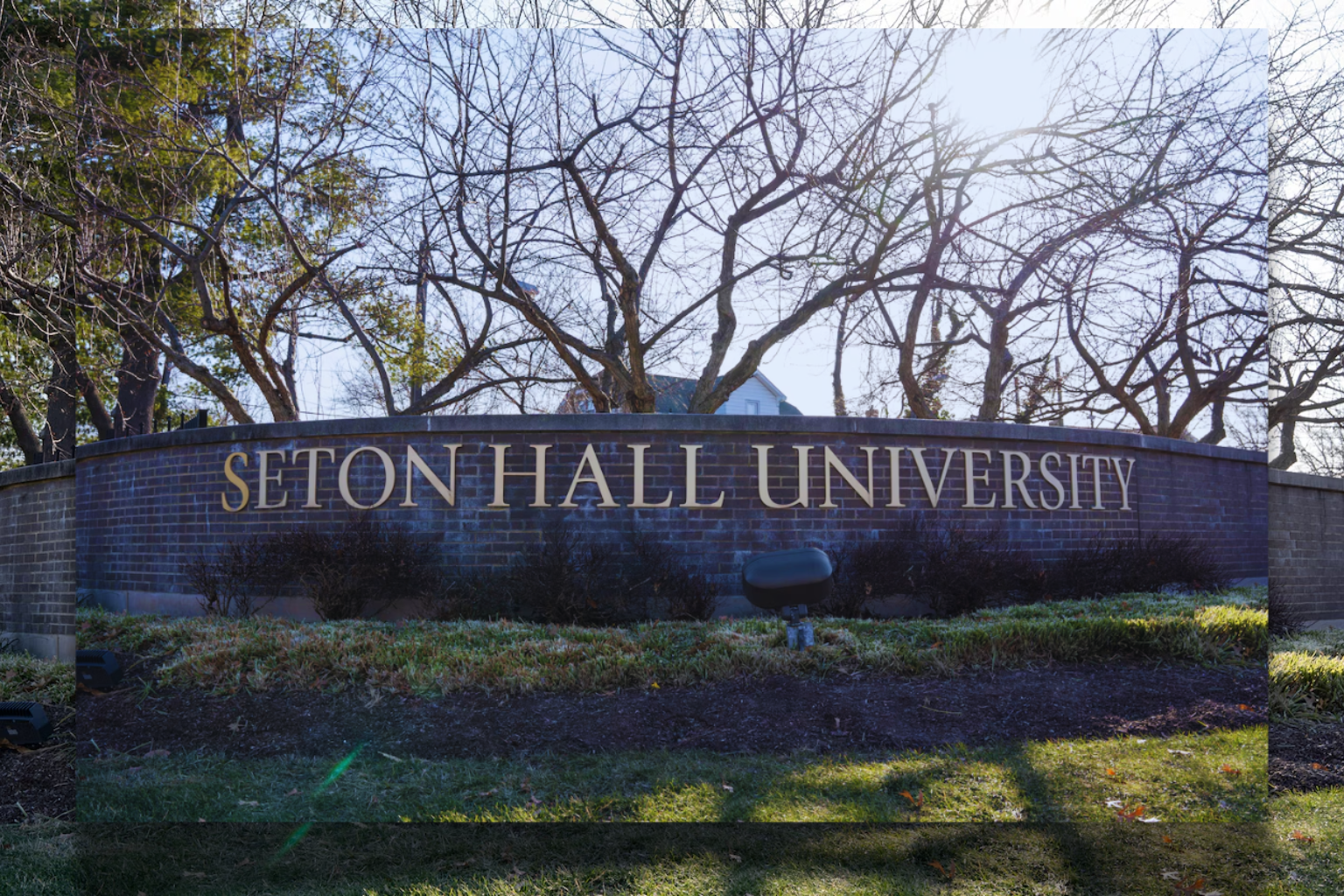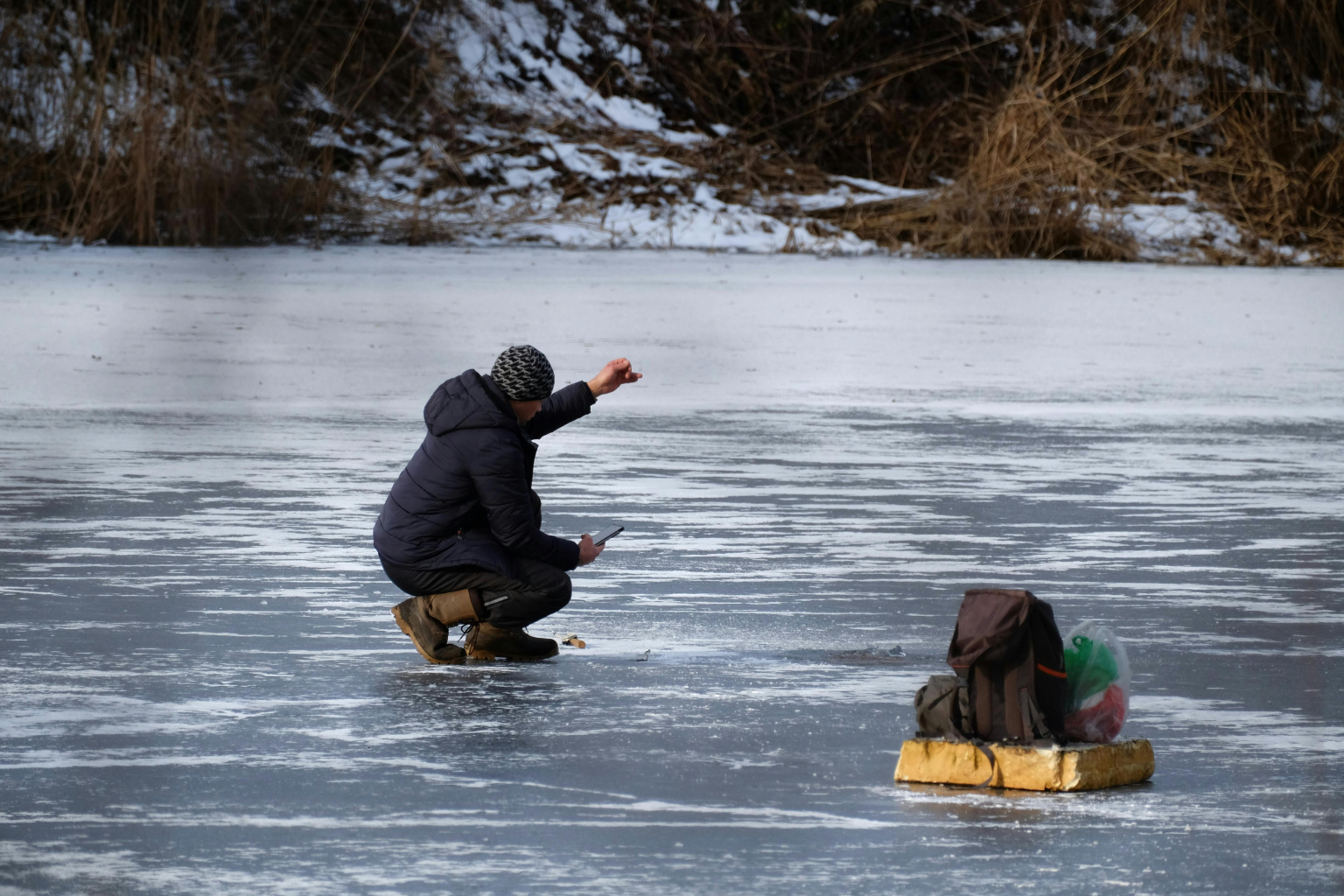Seton Hall Student’s COVID Isolation Death Leaves Parents Without Legal Recourse

A painful legal battle against Seton Hall University was lost by the family of a student who died alone during COVID-19 isolation. Kristen McCartney’s parents sued after her untimely death in a dormitory isolation room became one of the most devastating epidemic stories on college campuses. A federal judge dismissed the complaint.
Kristen, a young Seton Hall student, was isolated after testing positive for COVID-19 during the epidemic. Seton Hall, like many universities, required students to stay apart to prevent the virus from spreading. The safety measure turned tragic when Kristen was found dead in the room alone.
After the loss, her grieving parents sued Seton Hall University for failing to protect their daughter’s health. They claimed the school was responsible for monitoring and caring for her during seclusion. According to the family, Kristen’s death was both medical and caused by the university’s failure to meet student safety requirements.
The court sided with the university notwithstanding these claims. When Kristen’s parents’ legal arguments failed to prove a legal claim, the federal judge dismissed the lawsuit. The heartbroken family saw no legal recourse, ending their attempt to hold the institution accountable.
The situation raises pandemic student safety and institutional responsibility concerns. COVID-19-positive kids were rushed to isolation housing by schools and universities nationwide. Some saw results from the measures. In an unparalleled health crisis, keeping young adults alone in cramped surroundings is risky, as Kristen’s death shows.
Kristen’s family continues to grieve the daughter they lost in a protective setting, despite the verdict. It also shows how much the pandemic affected public health and family-school trust.
The dismissal gives legal resolution for Seton Hall, but Kristen’s death marred the school’s pandemic response. For her parents, the loss is incalculable, a reminder that COVID-19 isolation protocols could save lives but also cause grief.




